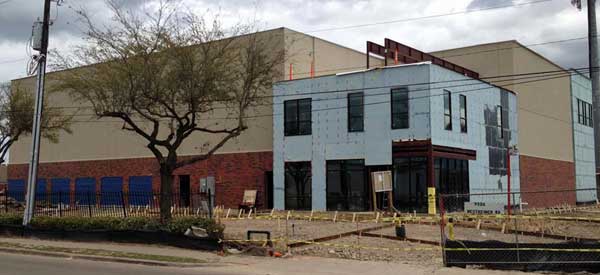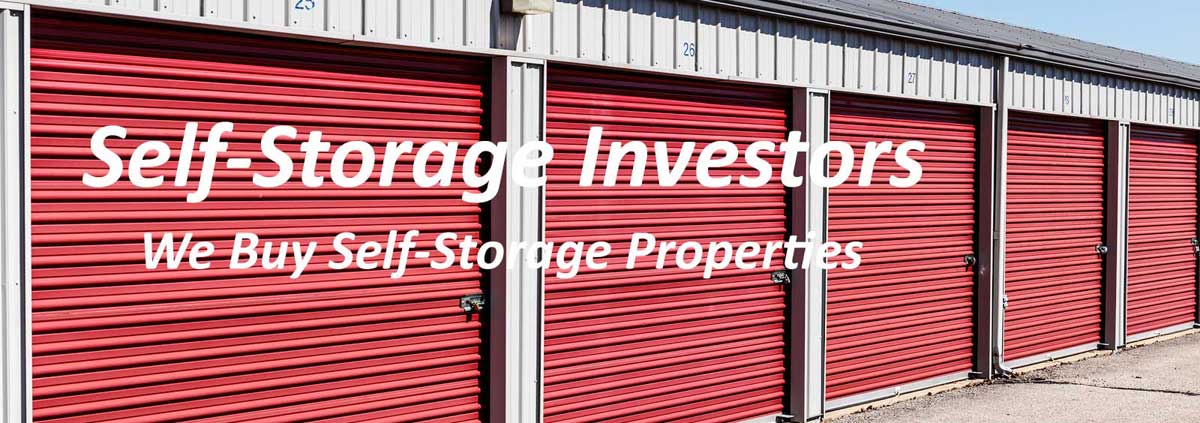The self-storage industry is expected to see continued growth in 2020 as the U.S. economy is expected to keep making new gains. Based on Marcus & Millichap’s report about this competitive form of commercial real estate, demand for self-storage properties should increase as Baby Boomers who are downsizing look for a secure space to store family treasures like heirlooms and photos. Millennials too are expected to drive up self-storage demand as many of them live in apartments that have limited space but still love to be active. A self-storage facility is ideal for millennials who want to store their bikes, kayaks and other outdoor gear.

While self-storage demand is expected to increase, experts in the self-storage industry expect development on self-storage properties to decline in 2020 after 2019’s strong growth in projects. Self-storage sellers will most likely have to lower their rents because of high supply and competition, reports Marcus & Millichap.
Commercial real estate investors are looking to break into the self-storage industry due to the high demand of people looking for extra storage space. Some buyers are seeking to become owners of self-storage facilities in smaller metro markets, where there is less demand but also less competition.
Marcus & Millichap believe the self-storage industry is an attractive choice for self-storage investors looking for new avenues to make more money. Big investment firms are becoming owners of self-storage facilities by buying up properties that have recently received a certificate of occupancy or are still going through the leasing process.
Owners of self-storage facilities should be aware that online advertising and using technology in general will increase their operating costs. Appraised values for self-storage properties are increasing, which in turn increases the properties’ real estate taxes.
The market for self-storage properties will likely continue to grow in 2020 but trading tensions between the U.S. and China could negatively impact properties. And another sub-prime type of recession could result in rivers of red ink throughout the industry with self-storage owners selling their properties at deeply discounted prices.
